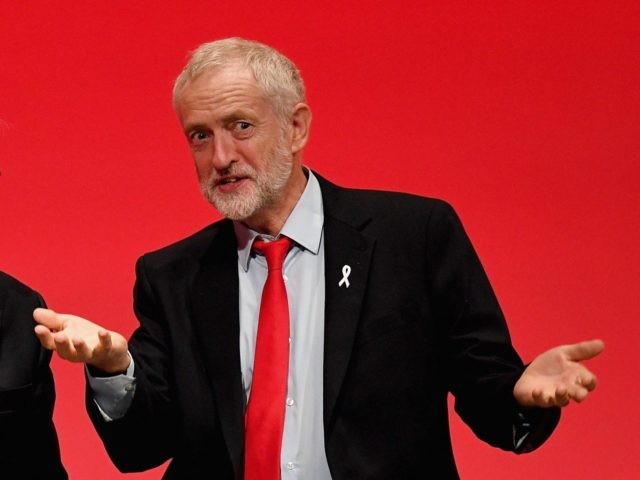Labour leader Jeremy Corbyn has refused to commit his party to a target figure for bringing down immigration, leaving open the possibility it could remain at near record levels or even rise.
He conceded, however, the vote to leave the European Union (EU) meant free movement would have to end and said that immigration would be “managed” after Brexit.
In an interview for the Tonight programme on ITV, he said: “I’m not going to put any figures on it [immigration], Theresa May has done that [and] this is now the third general election she’s promised figures, none of which she’s come anywhere near to achieving.
“Clearly, the free movement ends when we leave the European Union but there will be managed migration and it will be fair.”
In September last year, a spokesman for Mr. Corbyn said the man hoping to be the UK’s next prime minister was “relaxed” about record levels of immigration, that it was “not an objective to reduce the numbers, to reduce immigration”.
He said that ending free movement and aiming to reduce immigration could “fan the flames of fear” and make it “more difficult to take a holiday in Europe” for the middle classes.
Asked about what controls on immigration Labour was now proposing in their general election pitch, the Labour leader’s answer was unclear, but left open the possibility of continuing high levels.
He said: “There would be fair immigration, obviously the free movement is intrinsic as membership of the EU so that is going to become a different issue in… whenever the final departure takes place, say in 2019.”
“There would be immigration, there would emigration… because we have skill needs and skill shortages, there are family reunion issues.”
Mr. Corbyn has campaigned against nuclear weapons throughout his career and opposed Labour on the issue. Asked if he would review Britain’s nuclear deterrent if he were prime minister, Mr. Corbyn said:
“There will be a strategic defence review as all governments have done when they come into office which will look at all aspects of our defence strategy.”
Confirming that review would include Trident, he added: “Nuclear will be included in that. The bigger threats we face are actually, I think, cyber-attacks and… irrational acts of terrorism.”

COMMENTS
Please let us know if you're having issues with commenting.